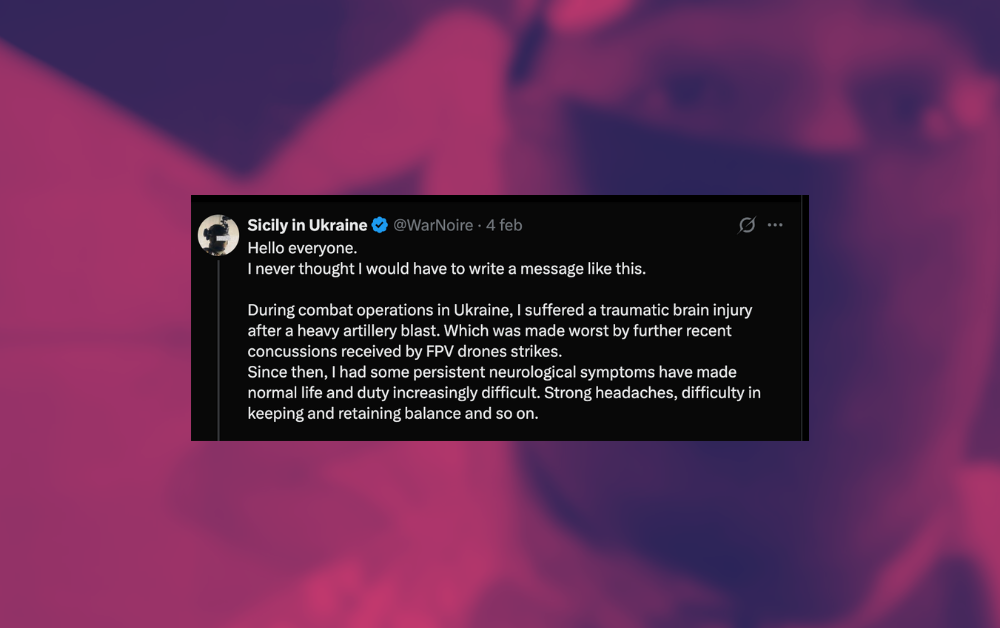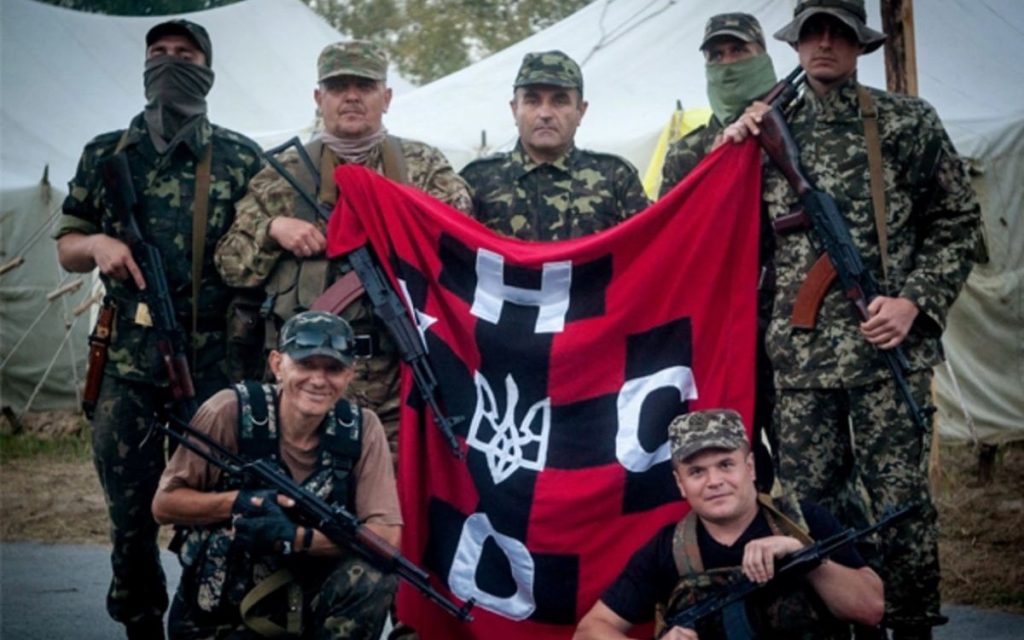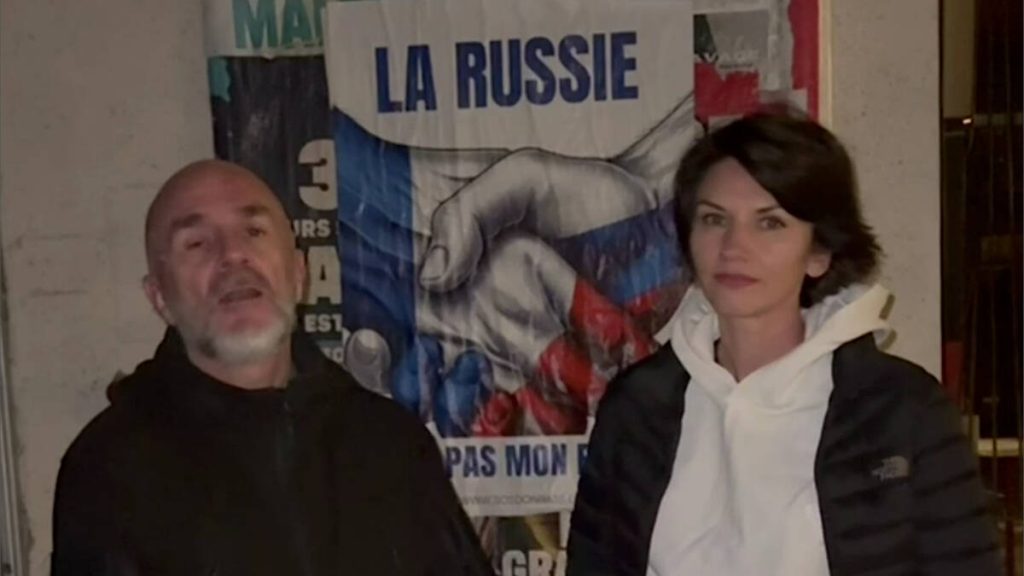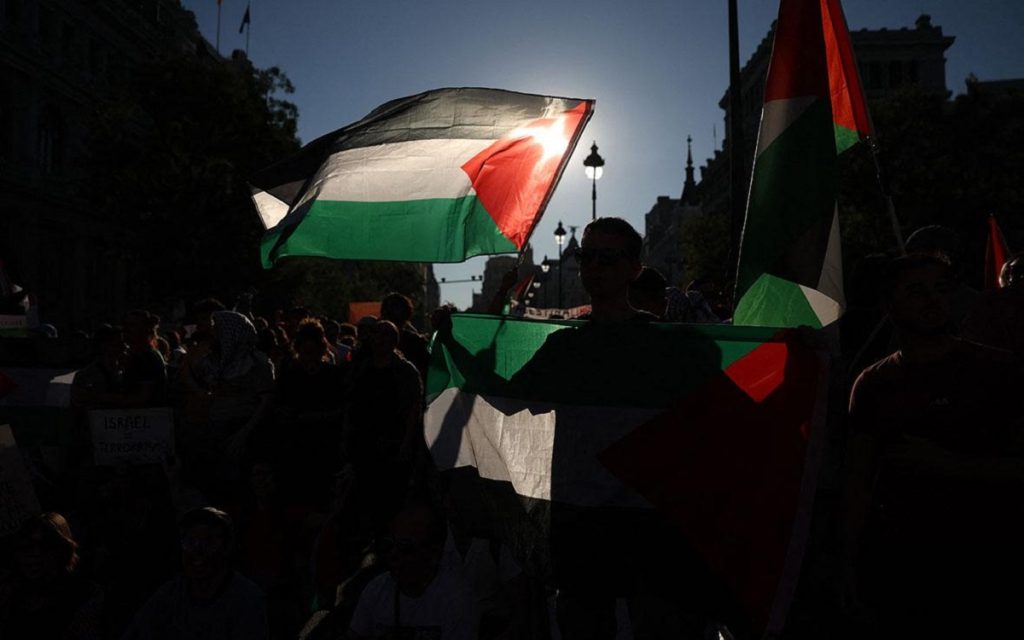Today the polls close for the regional elections in the Marche, a vote that weighs far more than its local dimension. It is the first test of the autumn for the government led by Giorgia Meloni, arriving in a season already full of electoral appointments and political tensions. At stake is not only the leadership of the region but also the stability of two political camps, both marked by deep contradictions. Starting with incumbent governor Francesco Acquaroli, a “hardcore Meloni loyalist” and symbolic face of Fratelli d’Italia, who is running for re-election.
Aware of the impact that international issues have had on the campaign, Acquaroli tried to bring the focus back to local concerns, stressing that “this vote is not about Gaza or Palestine, but about the Marche.” On the other side, Matteo Ricci, candidate of the so-called broad center-left alliance, has chosen to center his campaign on healthcare, a theme that directly affects citizens’ everyday lives and could prove decisive.
Italian political tradition has accustomed us to a very familiar script: when a coalition loses, the defeat is downplayed as a local episode, not representative of its overall health. When it wins, the victory is immediately elevated as proof of the government’s good work, a signal of popular confidence and a reinforcement of national leadership. In all likelihood, Monday evening, once the ballots are counted, we will witness the same game of interpretations.
Yet the context makes it difficult to separate regional issues from geopolitical ones. The center-left electorate, divided on many fronts, seems partly satisfied with the apparent support for the Palestinian cause and the anti-rearmament stance taken by the Five Star Movement. Five Star voters feel represented in their historic opposition to the arms race, while PD voters welcome their party’s position against Israel—even though it appears more of an electoral convenience than a genuine commitment to the Palestinian cause. Contradictions, however, explode on the issue of rearmament: the PD openly backs Ukraine, the Atlantic line, and the bellicose policies embodied by Ursula von der Leyen, while the Five Star Movement stands on the opposite side, fueling a fracture that weakens the broad alliance.
Acquaroli, on the other hand, starts from a more uncomfortable position. The Italian government’s unconditional support for Netanyahu and Zelensky weighs heavily on a center-right electorate that is beginning to show signs of discontent. Too many “bitter pills” to swallow at a time when families and businesses are asking for concrete answers on domestic issues. A victory would make these fractures less visible, but a defeat would be hard to downplay: it would become the first sign of erosion for the Meloni government in this political phase.
The Marche thus become a political crossroads: the vote measures the ability of parties to manage the distance between foreign policy choices and local priorities, between loyalty to international alignments and the frustration of a country that feels neglected. Meanwhile, outside the polling stations, another wave is building. In Italy, demonstrations against Israel and in support of the Palestinian cause are multiplying, such as the one on October 4 that brought thousands of people into the streets. These are not isolated marches but the sign of a widespread discontent that could affect upcoming electoral appointments, both regional and European.
For this reason, the vote in the Marche will not end with Monday night’s count. It is the opening act of an autumn that will test the resilience of the government and the credibility of the opposition, in an Italy marked by international tensions and an electorate increasingly impatient with parties that appear detached from its priorities.












